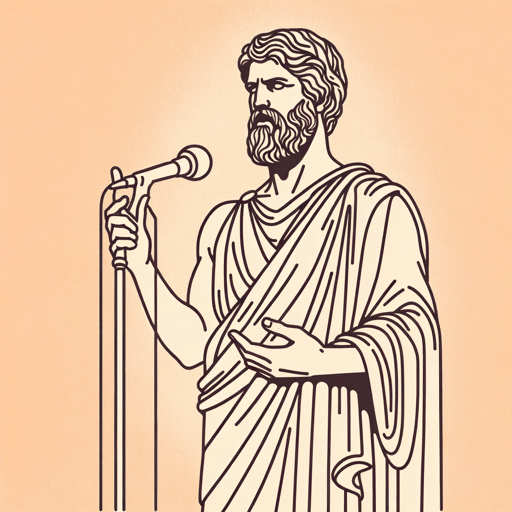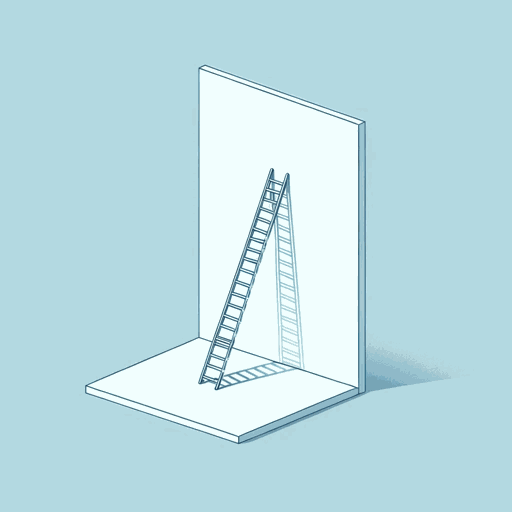42 pages • 1 hour read
Ryan HolidayThe Obstacle is the Way: The Timeless Art of Turning Trials into Triumph
Nonfiction | Book | Adult | Published in 2014A modern alternative to SparkNotes and CliffsNotes, SuperSummary offers high-quality Study Guides with detailed chapter summaries and analysis of major themes, characters, and more.
Important Quotes
“Was he born this way? No. This was learned behavior. And Rockefeller got this lesson in discipline somewhere. It began in that crisis in 1857 in what he called ‘the school of adversity and stress.’”
(Part 1, Chapter 1, Page 15)
Holiday claims that Rockefeller’s calm and positive attitude was forged during his early years, which were marked by a market crash and economic uncertainty. He shows how Rockefeller interpreted his experience as a lesson in market volatility and investor behavior, which helped him become successful later in life. He exemplifies a key theme, Turning Obstacles Into Opportunity.
Holiday uses short declarative sentences and a rhetorical question—“Was he born this way”—as part of his informal, conversational writing style.
“They can throw us in jail, label us, deprive us of our possessions, but they’ll never control our thoughts, our beliefs, our reactions. Which is to say, we are never completely powerless.”
(Part 1, Chapter 2, Page 20)
Holiday encourages the reader to recognize that they always have some personal agency that they can employ, no matter how hopeless the situation seems. Holiday advances his theme about the importance of recognizing and acting on what one can control in a challenging situation.
“Regardless of how much actual danger we’re in, stress puts us at the potential whim of our baser—fearful—instinctual reactions.”
(Part 1, Chapter 3, Page 25)
Holiday explores The Importance of Emotional Regulation in shaping useful perceptions and actions. He argues that managing one’s stress is an important aspect of forming perceptions of a problem. He suggests that developing mental resilience or “nerve” helps to quell fear, which makes people more prone to rash decisions rather than strategically sound plans.
Related Titles
By Ryan Holiday



